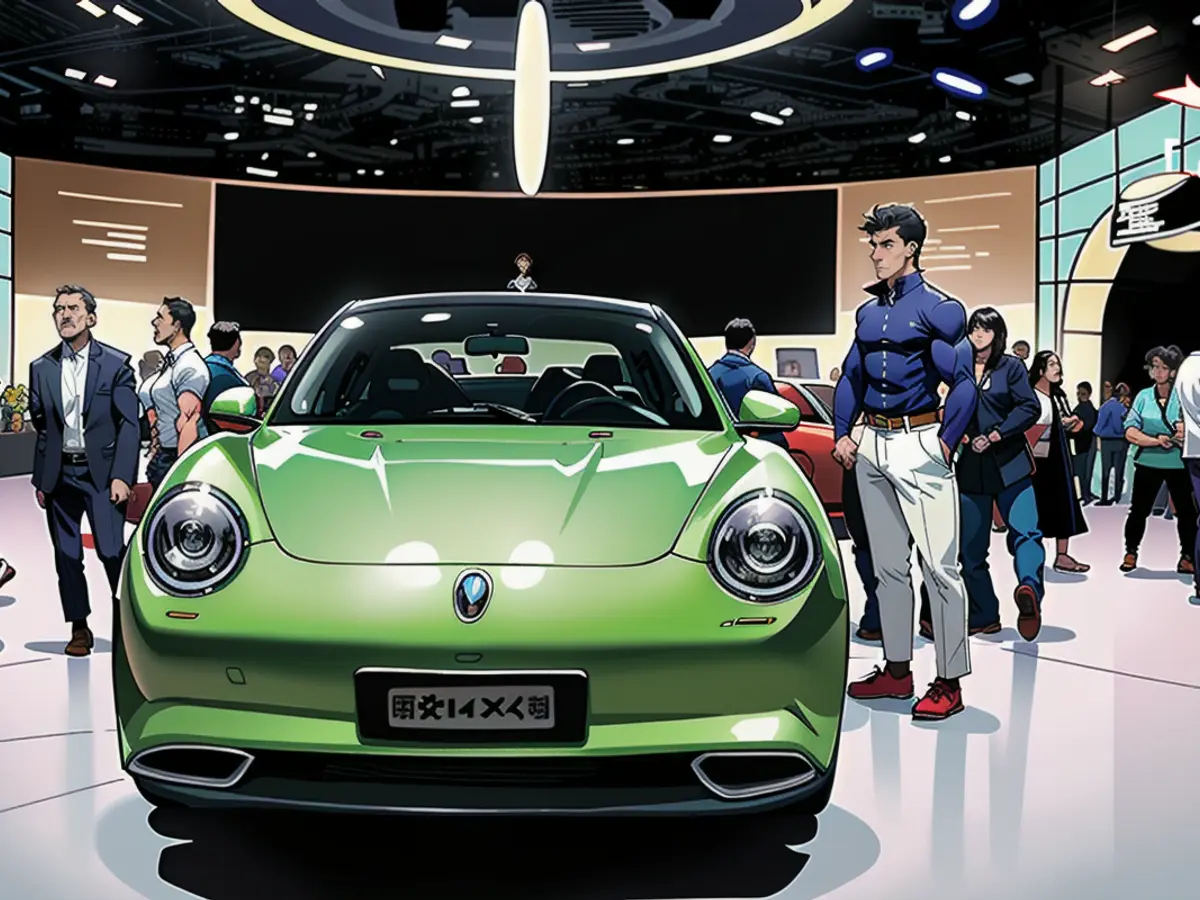Imposed EU tariffs on Chinese electric cars could lead to substantial impacts.
Reduced imports, increased production, escalating prices: EU tariffs on Chinese electric vehicles could have substantial consequences, as per a report from the Kiel Institute for the World Economy (IfW). A 20% tariff, according to the research, would lead to a decrease of 25% in electric cars imported from China. That's around 125,000 vehicles totalling close to four billion dollars, considering the nearly 500,000 cars imported into the EU last year. This decline would largely be compensated by boosted production in the EU and a reduction in electric car exports. Consequently, prices for consumers would remarkably rise.
"The Chinese subsidy practice means EU Commissioners are justified in considering punitive tariffs as a countermeasure," said IfW President Moritz Schularick. "However, it's essential the Commission's authority isn't undermined by individual member states due to personal interests, as a fragmented EU is a weak EU." German Chancellor Olaf Scholz has opposed EU tariffs until now.
IfW's calculations predict an increase of almost 3.3 billion dollars in sales of locally produced electric vehicles in the EU market. This uptick would primarily be balanced by a rise in production within the EU. Around one billion dollars worth of electric cars could shift from exports to domestic sales. However, a Chinese reaction hasn't been considered in these calculations, but is anticipated.
"For consumers, this probably implies higher prices for electric cars, as production in the EU is significantly more expensive than in China owing to higher energy and material expenses, and especially exorbitant labor costs," said IfW trade expert Julian Hinz. "EU car manufacturers are not predicted to fill the void, and Chinese manufacturers, like BYD, with new plants in Europe, won't fulfill demand locally."
Read also:
The IfW study suggests that EU customs duties on Chinese electric cars could lead to increased production within the EU, potentially resulting in higher prices for consumers due to higher production costs. Furthermore, the study indicates that if a 20% tariff is imposed, there could be a significant decrease in imported electric cars from China, with potential consequences of around 125,000 fewer vehicles and nearly four billion dollars in losses.








